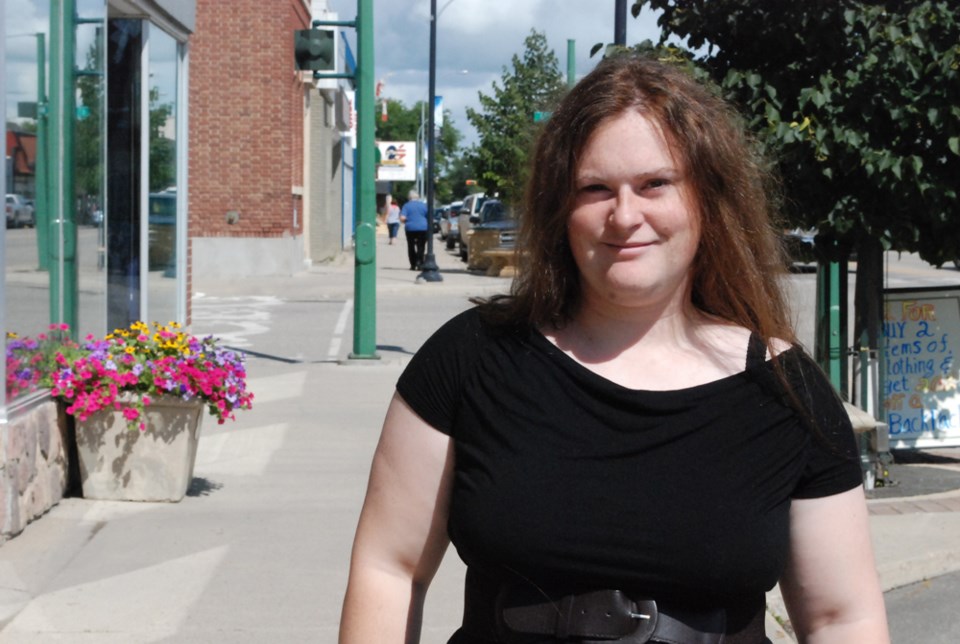I had the rare delight of spending time with my five-year-old niece, Lorelai, over my vacation.
While visiting with her and Ashiley, my sister-in-law, it was mentioned that there are three-year-olds with body image issues.
When discussing this issue with Lorelai and Ashiley, I asked Lorelai two questions:
Lorelai, do you know you’re beautiful?
Yes.
Lorelai, do you know you’re smart?
Yes.
Lorelai, do you know you’re smart and beautiful?
Yes, auntie, she said smiling.
I guess that is three questions.
How is this attitude going to change with peer pressure, and the popularity hell that is middle and higher grades?
We know where this attitude is coming from.
Pop culture tells us the many different adjectives used to discuss over-weight persons.
Many times we see how undesirably over-weight people are portrayed on television shows, movies, YouTube videos, and in advertising.
This leads me to ask, is fat the worst we can be in our society?
How many times are women portrayed as vindictive, mean, or evil but is given a pass because she is pretty, sexy, or skinny?
According to the Canadian Obesity Network, “one in four adult Canadians and one in 10 children have clinical obesity.”
The Body Mass Index which is used to measure obesity does not account for healthy eating, exercise, or other health factors.
I was pleased when I went to the Go Girl meeting in Lake Lenore with Dr. Megan Parker back at the beginning of June.
After the word ‘skinny’ was thrown around a little too often, Parker was quick to point out that skinny does not exactly mean healthy.
Of course, how is a skinny unhealthy person measured up to an over-weight healthy person in the Body Mass Index scale?
Yet this is the way we are measuring 1 in 4 Canadian adults.
They also say that the level of discrimination of obese persons is on the same level of racial discrimination.
Obesity does cause many health problems but why does this allow for discrimination to take place?
I discovered a horrifying hashtag on Twitter called the Fat Side Stories which brought to light stories of how over-weight people have been treated, including delightful encounters with healthcare personnel:“@ohkayewhatever: I wrote a piece called “I Promise You Don’t Have To Lose Weight To Be Happy” & got 48 straight hours of constant hate mail. #FatSideStories”
“@haleycue: The first thing out of every psychiatrist’s mouth: “have you considered __ medication might be good because weight loss?” #FatSideStories”
“@Beanside: Lost 30lbs due to depression and pneumonia. Told by my doctor to keep up the good work. #fatsidestories”
Can anyone imagine how this is for children and teenagers?
I have three nieces that I fear for.
I fear for their mental health when it comes to their body image.
I fear for their self-esteem.
I fear they will be stopped from being amazing people because they will grow up to feel how they look is more important than how they treat other people or what they contribute to the world besides their bodies.
I fear there is nothing I will be able to do to make sure they know this as they grow up.
Maybe I have a little bit of hope. After all, I had an aunt who told me the same thing I told Lorelai and I have gone on to write this.
Hope in the little things.




